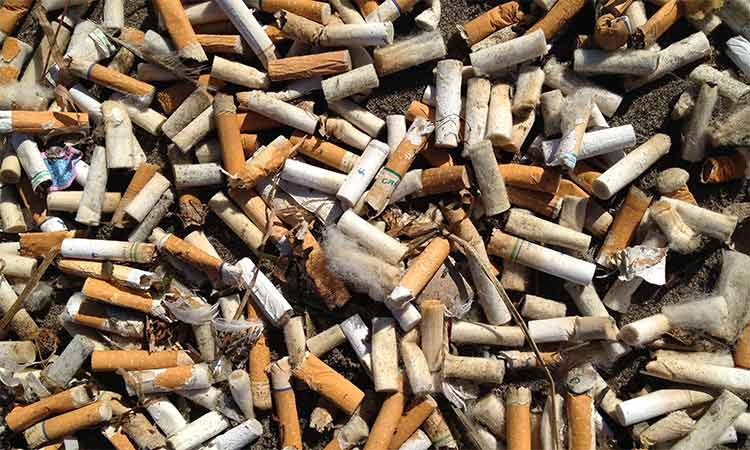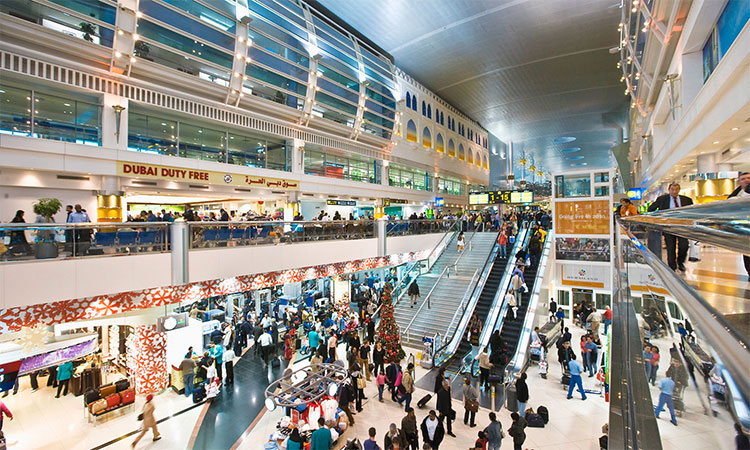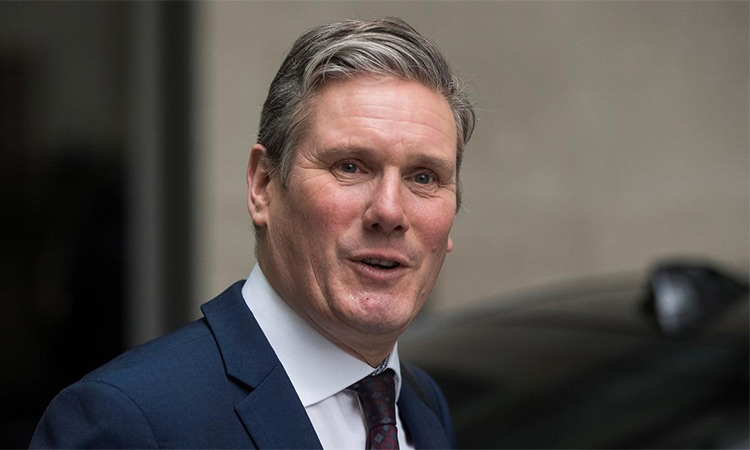Global action needed to beat plastic pollution

Each year, an estimated eight million tonnes of plastic end up in the ocean.
United Nations officials have been repeatedly urging everyone to give up the use of single-use plastic products such as disposable cutlery, water bottles, food containers and shopping bags. Unfortunately, the reactions have been muted.
Each year, an estimated eight million tonnes of plastic end up in the ocean – equivalent to a full garbage truck dumped into the sea every minute – as per the United Nations Environment Programme (UNEP).
Between 60 to 90 per cent of the litter that accumulates on shorelines, the surface and the sea floor is made up of plastic.
The most common items are cigarette butts, bags, and food and beverage containers. Consequently, marine litter harms over 800 marine species, 15 of which are endangered. And plastic consumed by marine species enters the human food chain through fish consumption.
Alarmingly, in the last 20 years, the proliferation of microplastics, microbeads and single-use plastics have made this problem even more pronounced.
Most people associate marine plastic pollution with what they can see along coastlines or floating on sea surfaces. But microplastics and microbeads pose a hidden challenge as they are out of sight and, therefore, out of mind.
In 2013, scientists were surprised to find the seas east of Greenland and north of Scandinavia are a dead-end for plastics. Some seas in that region are heavily polluted with plastic because of an Atlantic ocean current which dumps debris there.
The UAE, on its part, deserves praise for doing its best tackle the serious issue.
Under the auspices of Dr Thani Bin Ahmed Al Zeyoudi, UAE Minister of Climate Change and Environment, PepsiCo recently announced the launch of Live On, its newly created sustainability platform for the UAE, and the Middle East and North Africa region, MENA.
The sustainability platform was launched at the Youth Hub in Emirates Towers, with a unique Youth Circle event that was attended by Dr Thani and PepsiCo’s first Chief Sustainability Officer, Simon Lowden, to have an open discussion on how to support the UAE and the Middle East to reduce the impact of plastic waste on the environment.
The Youth Circle initiative was launched by His Highness Sheikh Mohammed Bin Rashid Al Maktoum, UAE Vice President, Prime Minister and Ruler of Dubai, to ignite dialogue among the nation’s community of youth to shape innovative solutions for global challenges.
The Live On platform will focus on four key pillars: building consumer education, government collaboration, investing in recycling infrastructure and access, and reducing the overall impact of plastic waste.
As Al Zeyoudi pointed out, “Plastics today are the reality of our lives at home and industry. While they cannot be completely eliminated, their indiscriminate use can certainly be controlled. The UAE strongly believes that managing plastic waste and steering the transition to a circular economy is everyone’s responsibility. In line with this priority, we have rolled out several nation-wide public-private partnerships.”
Global action to beat plastic pollution is essential because 400 million tonnes of plastics are produced every year, 36 per cent of which are intended for single-use.
The world community should bear in mind that in addition to endangering marine life, the health implications of microplastics on humans are not yet fully known. However, considering their prevalence in clothes, food, water and cosmetics, the consequences are expected to be far reaching.







